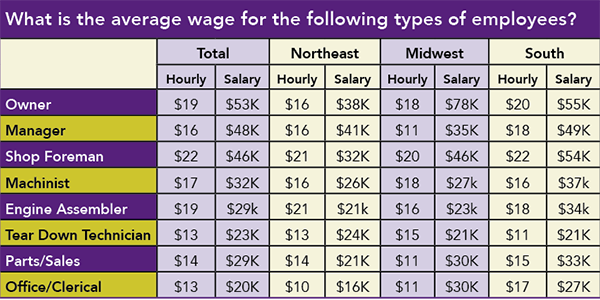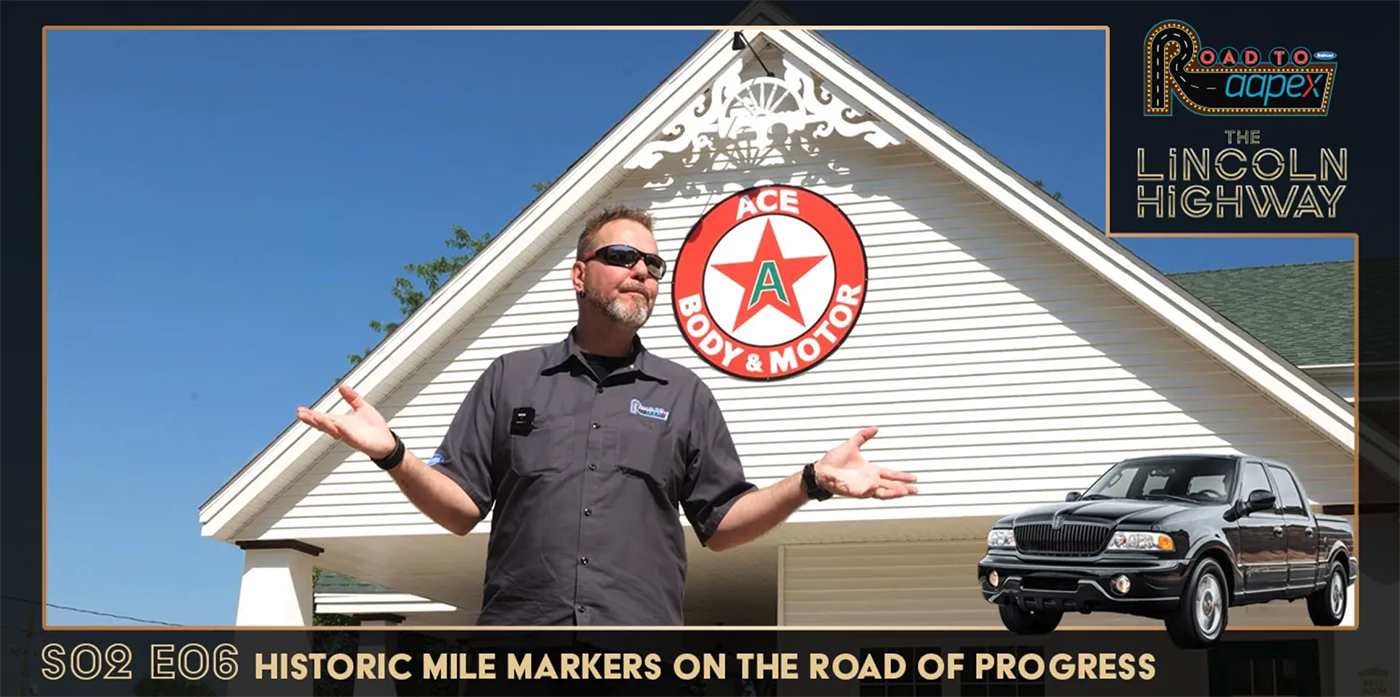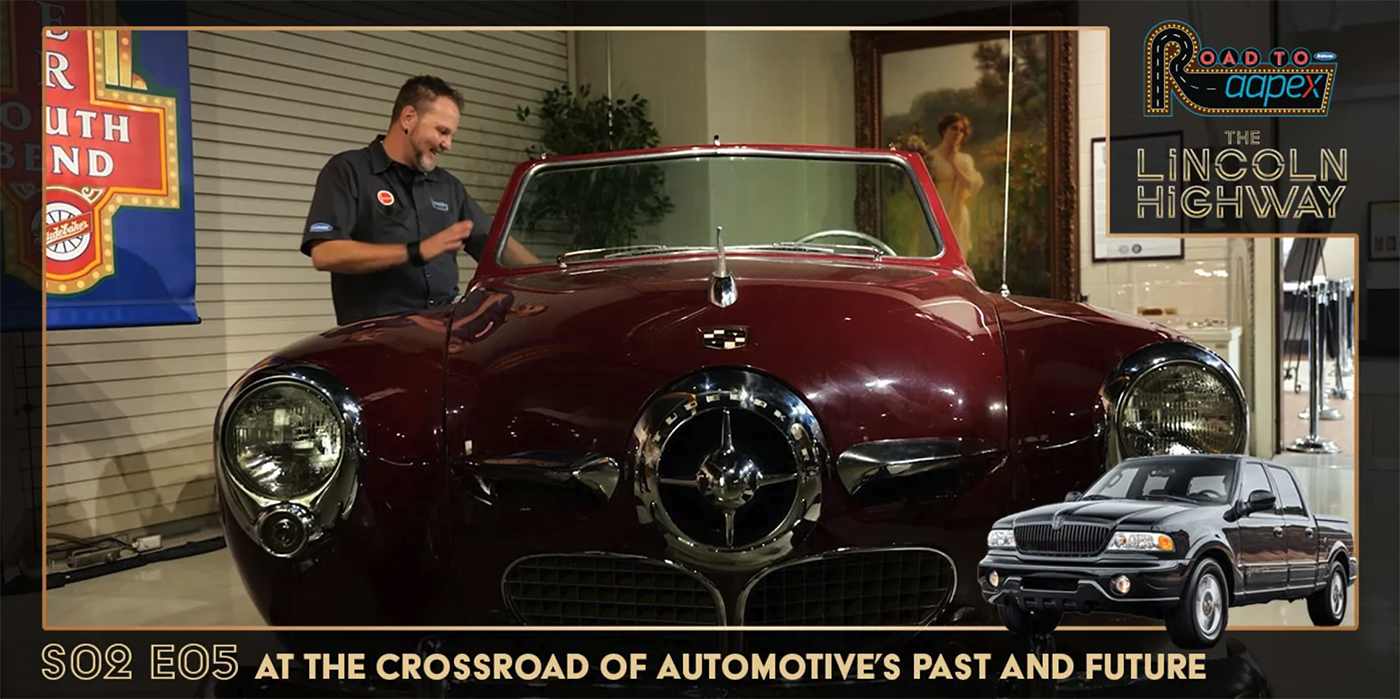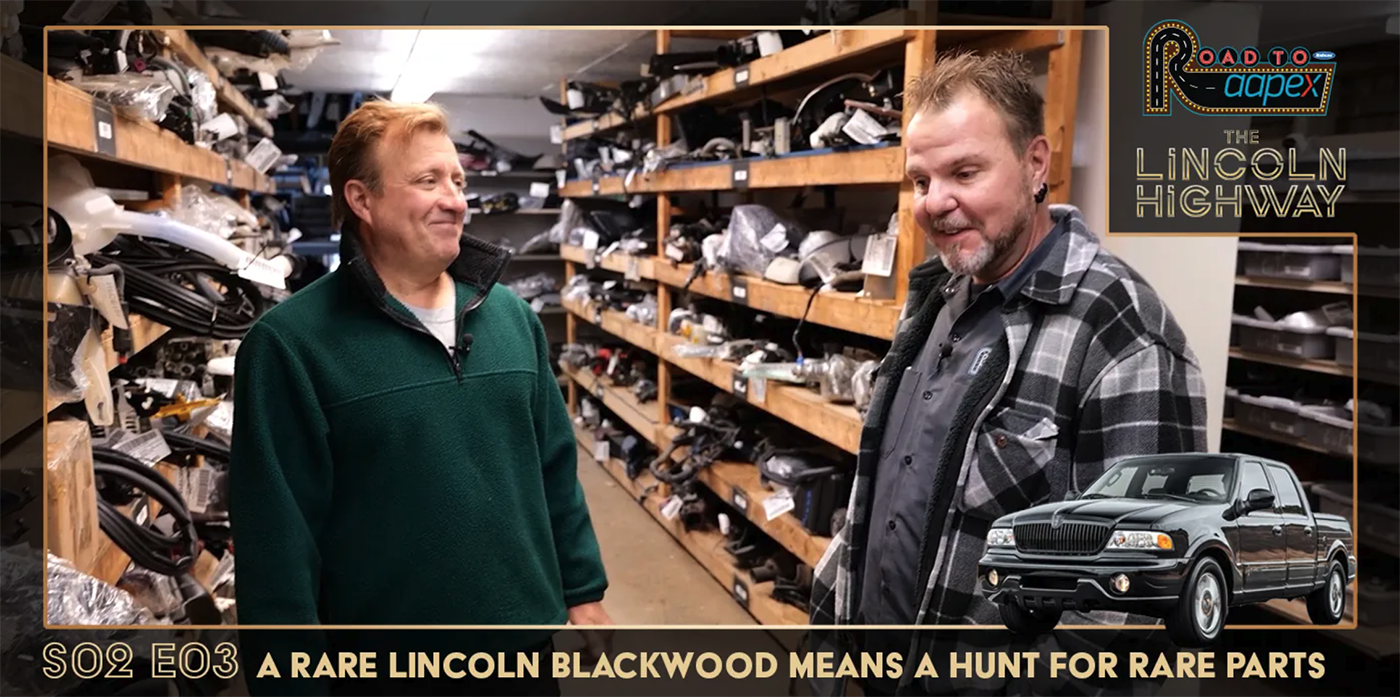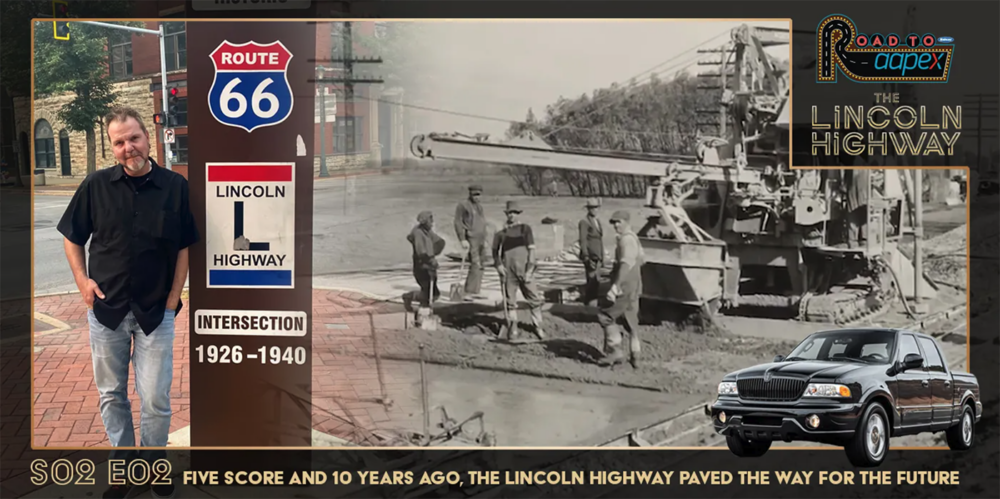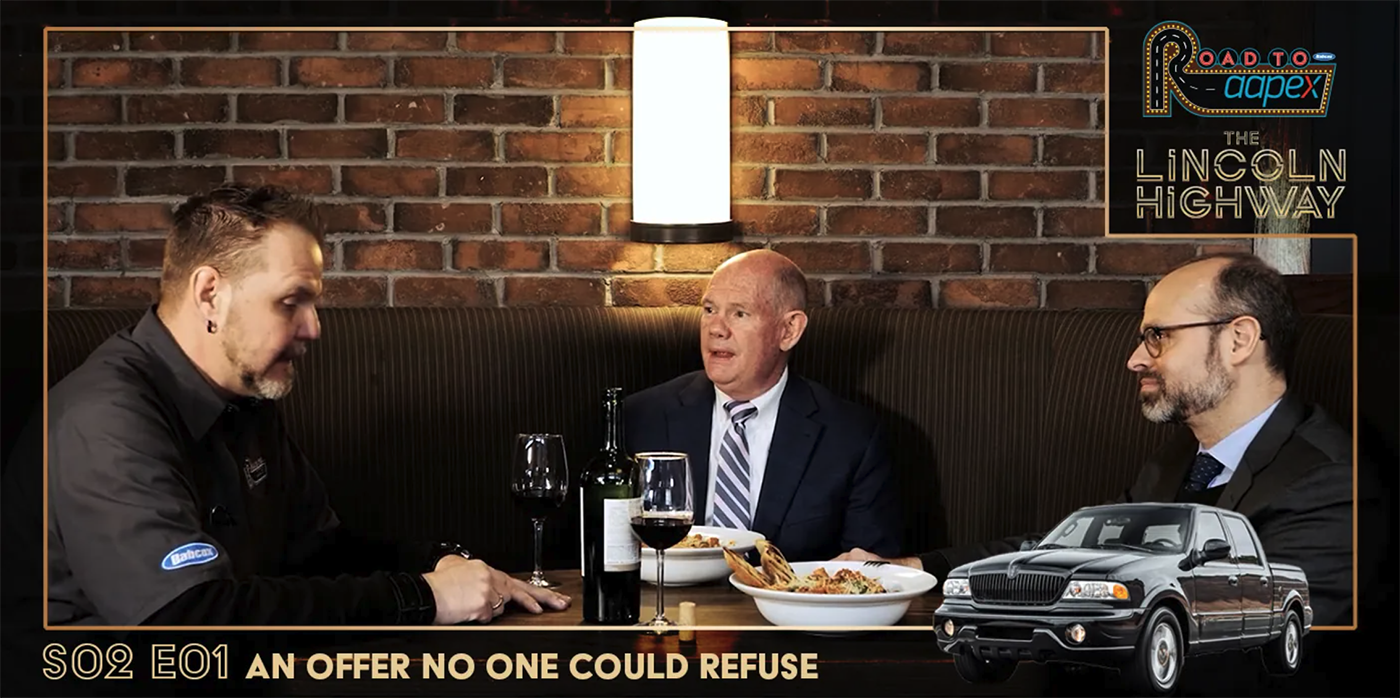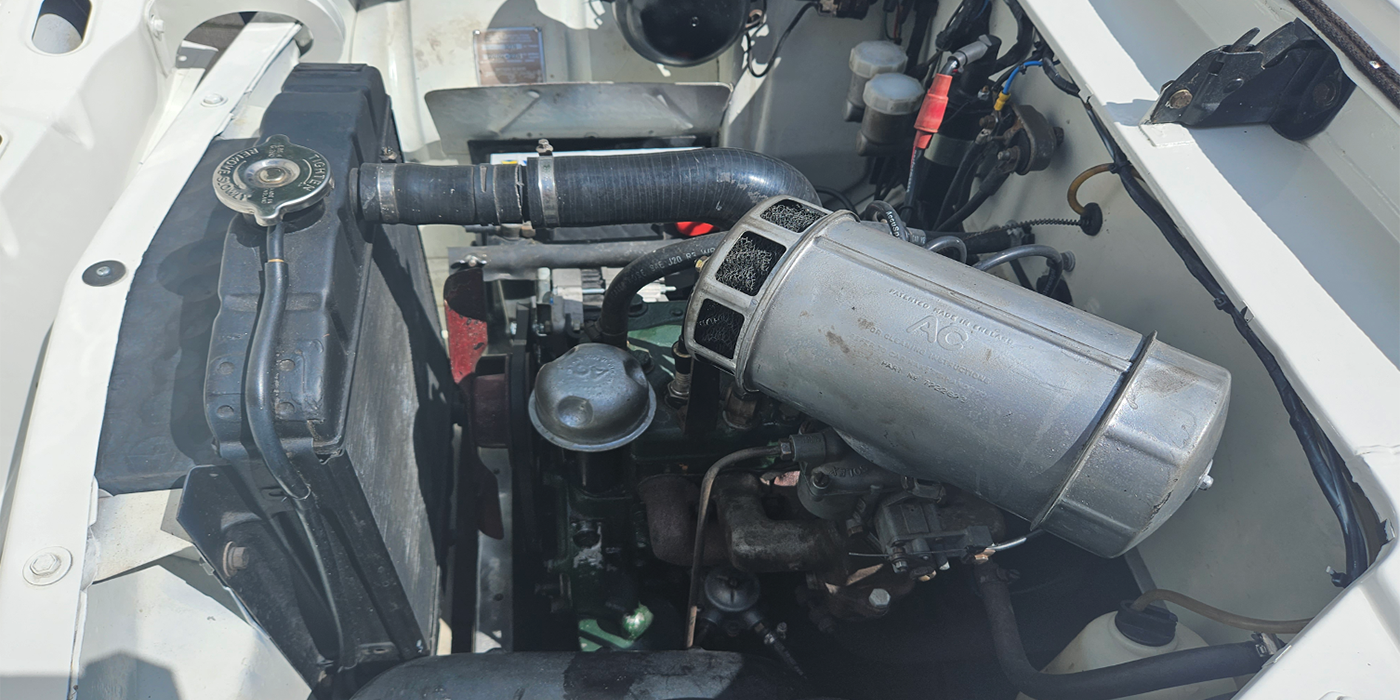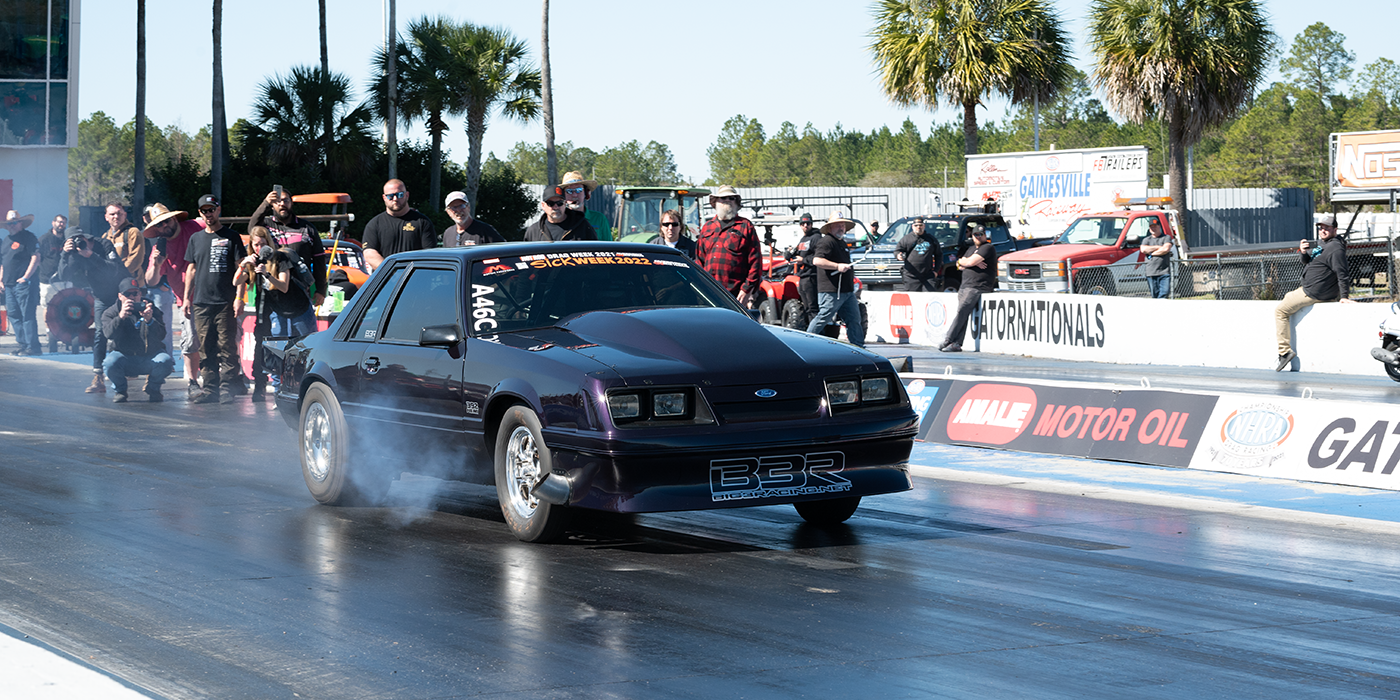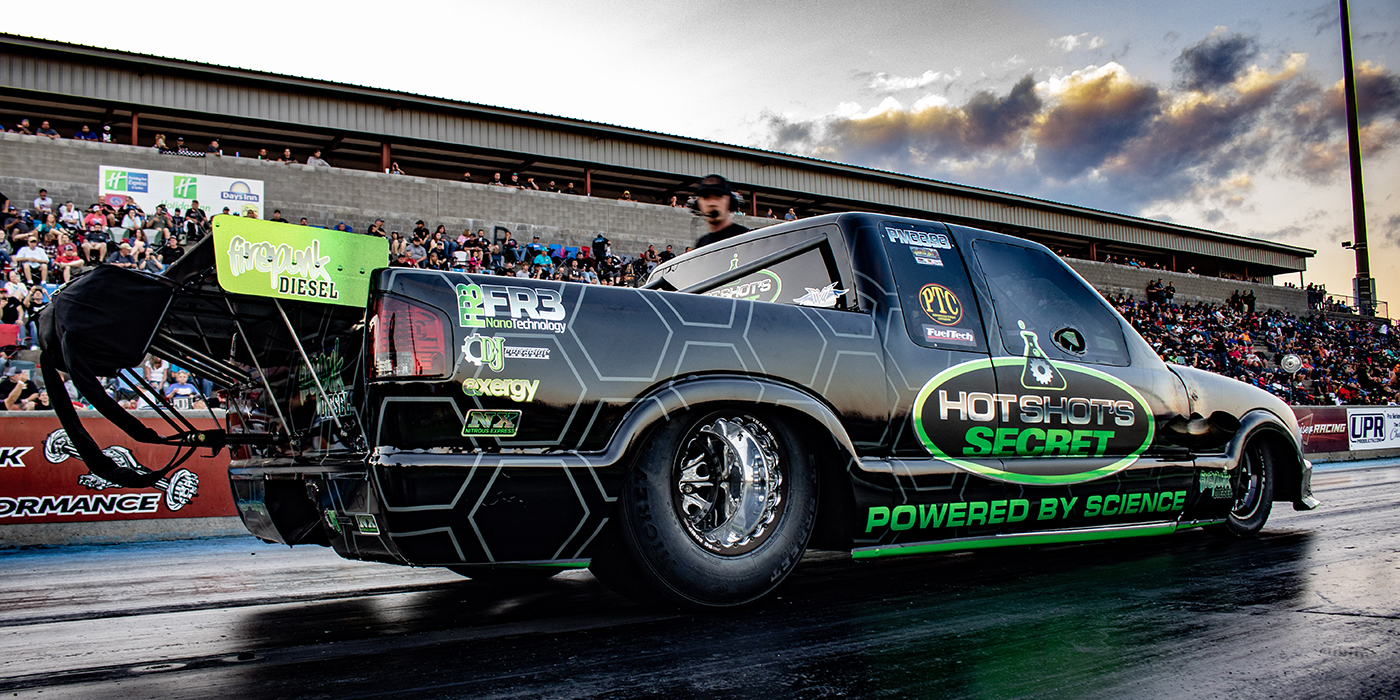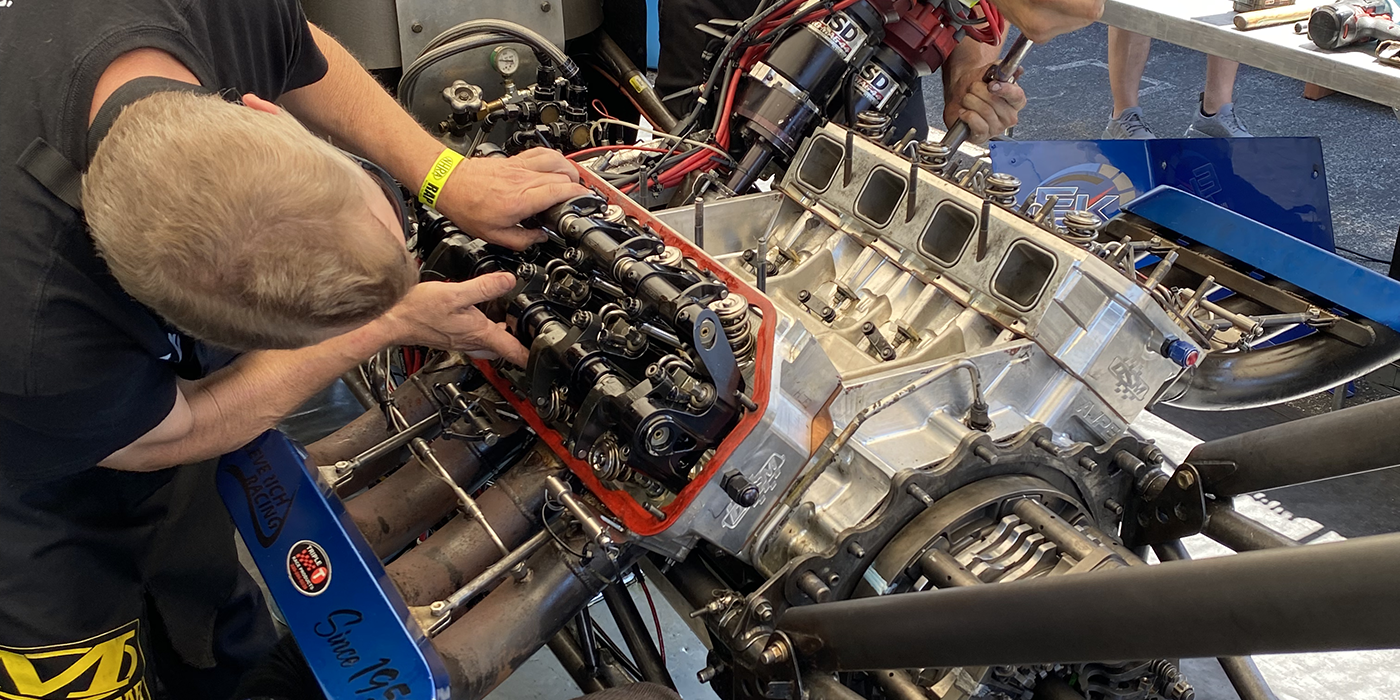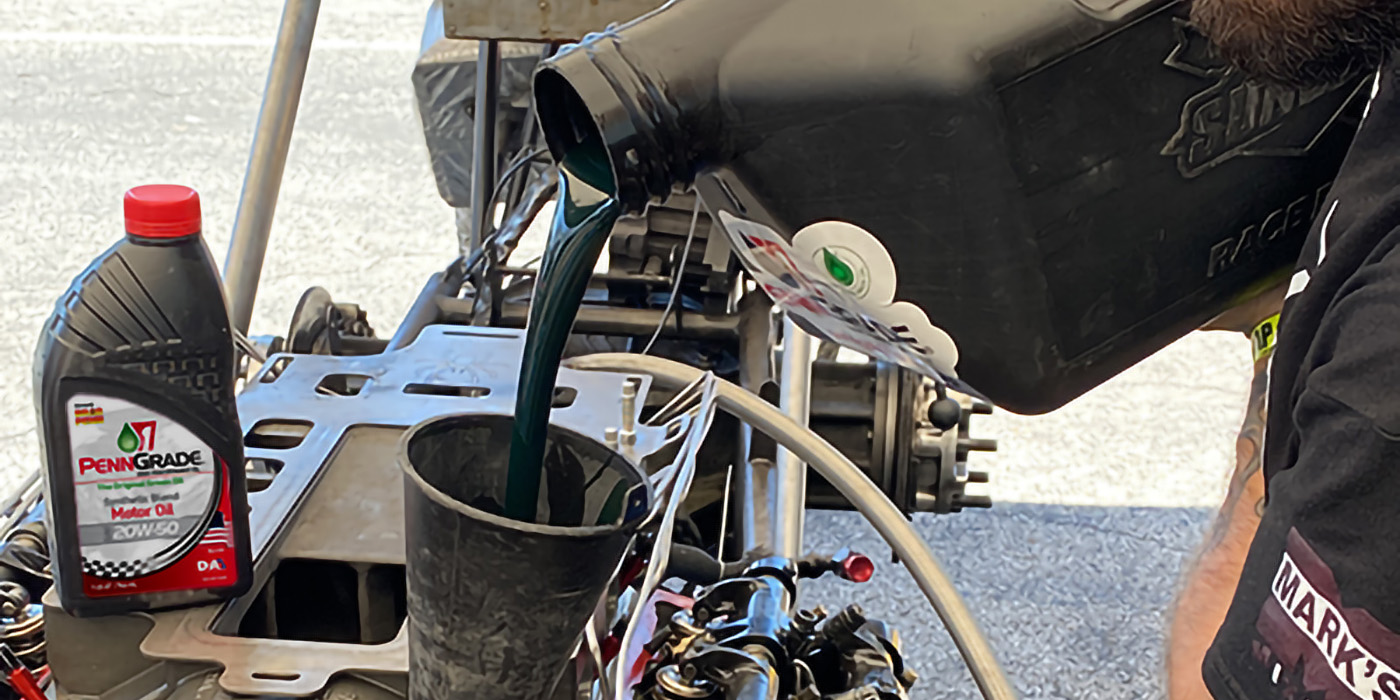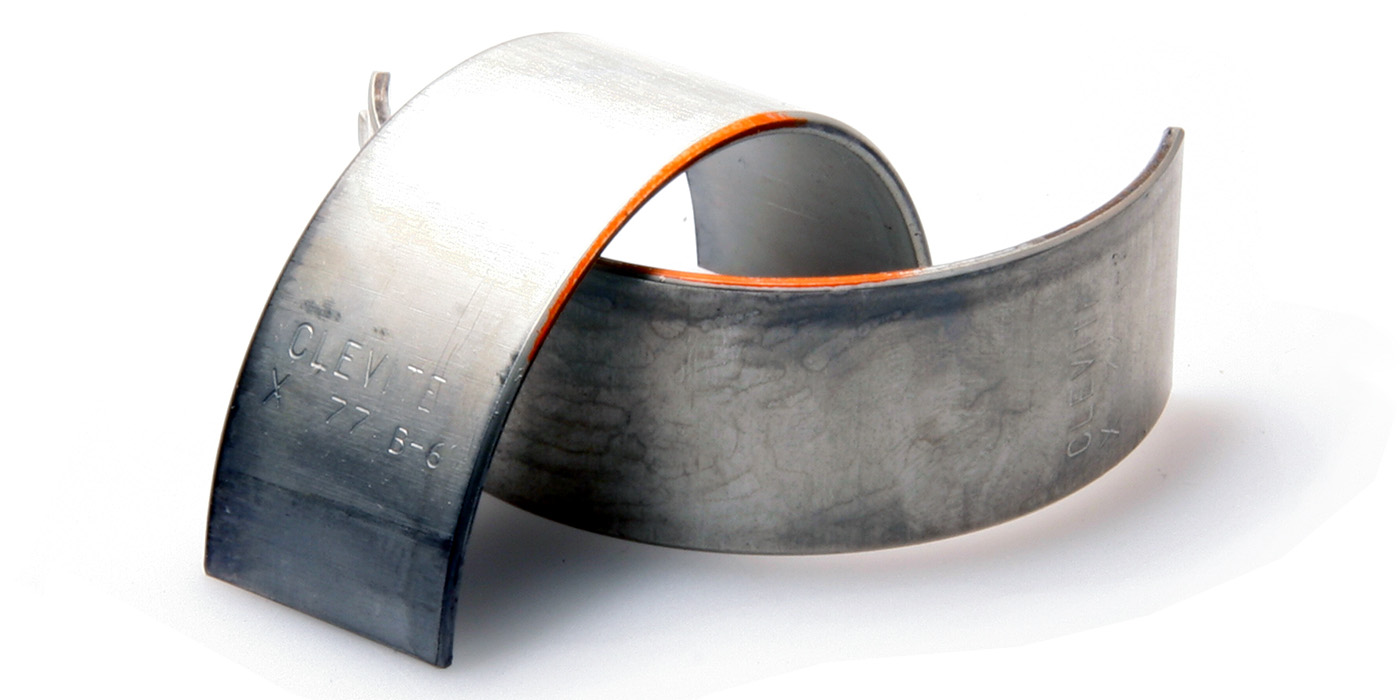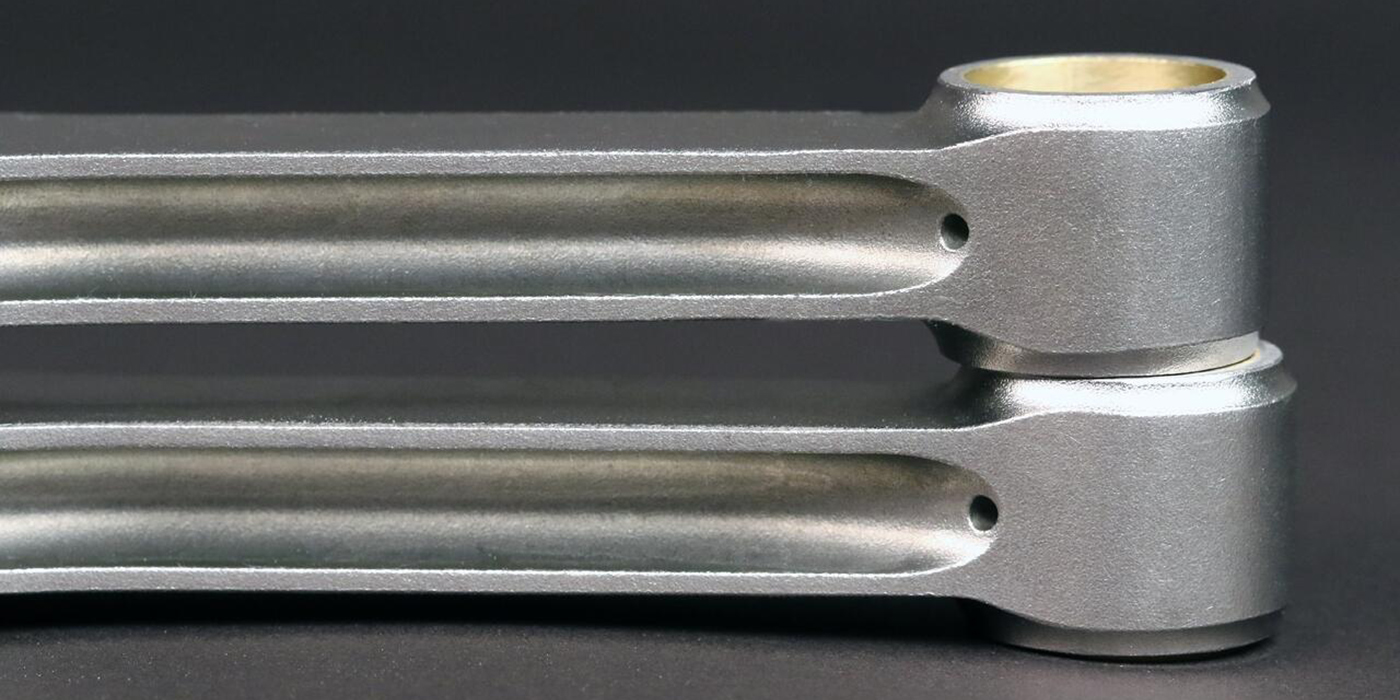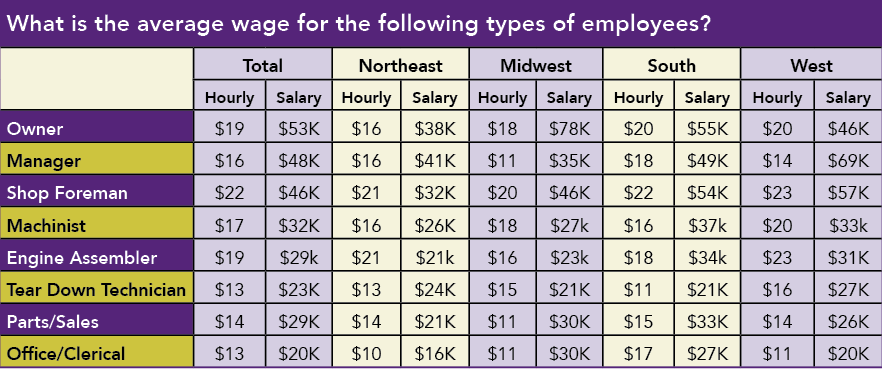
There are certain things, many of us are taught at a very young age, that a gentleman or lady does not discuss in polite company. Religion, politics and personal income are topics better left for hushed conversations away from sensitive ears.
Boy, have those conventions been upended recently!
You can’t turn around without hearing (or having) passionate conversation about religion and politics – polite company or not, we have gotten comfortable sharing our thoughts and feelings.
But the subject of money still remains somewhat sensitive – no one wants to be seen as having too little or too much. Yet, while we may not want others to know our own personal details, we are always interested in knowing how we compare.
In today’s business setting, it’s no different. “Knowing your numbers” is crucial. Understanding your business costs can help you make the right choices when it comes to setting labor rates, billing customers properly and paying a competitive wage.
Managers and employees may disagree on what a “competitive wage” is, so with the resources of Babcox Media’s Market Research Division we reached out to Engine Builder readers to get a cross section of the nation’s perceptions on compensation packages offered to managers, machinists and other shop personnel.
We received nearly 200 responses to this survey. Conducted via email and online methods, we asked a variety of questions pertaining to types and number of employees, size of the business trading area, labor rates, hours worked and benefits offered.
Results are broken down by region (Northeast, Midwest, South and West) in many cases, but a national average is presented as well if appropriate. In some cases differences are clearly apparent – in others, they’re less obvious.
In addition, this report includes some information from our annual Machine Shop Market Profile (results of which are included in this special Modern Machine Shop Supplement, page 32). What does it mean if your numbers are different one way or another? Probably nothing, but it could indicate that you need to look at your numbers a little more closely. Remember, no two engine builders are identical and neither are the data points around which you should be managing your business.
At Engine Builder, we have long advocated against the practice of vetting your labor rates by being just a little cheaper or more expensive than your nearest competitor. Understanding your actual business costs requires more effort but should ultimately make your shop much more profitable.
There is no “one size fits all” solution for your engine customers and there is no “single” compensation method for engine builders and machine shops.
Nationally, our survey shows that 20 percent of shops have a manager and 20 percent have a shop foreman (we would assume that the other 60 percent are managed by the owner). Forty-seven percent have at least one machinist, 40 percent have at least one engine assembler, 28 percent have an engine teardown specialist, 26 percent employ a parts person/salesperson, and 21 percent of shops have a dedicated office clerical person.
According to results of our annual reader profile known as the Machine Shop Market Profile, the national average for the number of years a shop has been in business is 26 years. Collectively, 20 percent have of shops have been in business for 10 years or less; 21 percent have marked 11-20 years; 22 percent of all shops have been open 21-40 years and 20 percent have 31-40 years of business history. Reassuringly, 17 percent of our respondents have been around for more than 40 years!
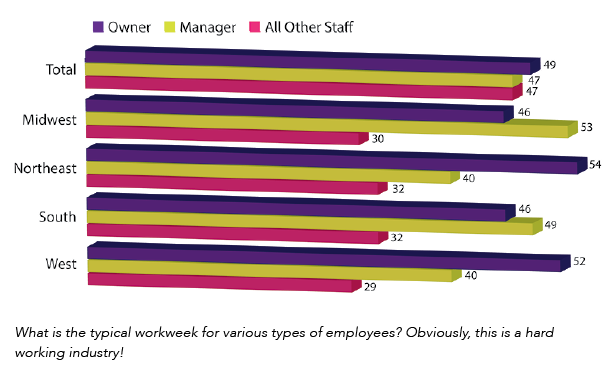
The average shop has 6.7 employees, with the average number of employees being 3.1. The average number of years the typical machinist has been employed at one location is 16 years.
Of course shop size and location play a role in determining size of paycheck, but to assume that small shops are less qualified than bigger shops is hardly fair. While the majority of our readers are custom engine rebuilders, classifying them as “smaller shops” doesn’t tell the whole story. Some small shops specialize in very high-tech projects, some are extremely competitive race engine builders…most of them are independent shops, but every one of the shops in business today considers itself to be the technological, if not sales volume equal, to its larger competitors.
When we asked participants about the size of their trading area, the results were interesting. The largest percentage, 33 percent of respondents, says it’s in a township or rural area with a population less than 15,000. The small-city crowd (population 15,000-99,999) represents 29 percent. Big city (population 500,000 or more) businesses account for 20 percent of our respondents, while 18 percent say they are in medium size cities (serving 100,000 to 499,999 people).
There is difference between the hourly rate shops charge to customers for various services and in different regions. The national averages are $78 per hour for machine services and $132 per hour for engine assembly when shops from all over the country are figured in. Regionally, however, the differences are dramatic. The high region for machine services is the South ($108 per hour) and the high for engine assembly is the Midwest ($176 per hour).
The number of hours in a typical employee’s workweek is dramatically different by region. On average, the national numbers are as follows: owners work 49 hours per week; managers and all other staff clock 47 hours per week. Regionally, things are different. The Northeast has the most committed owners (54 hours per week) and the Midwest has the hardest working managers (53 hours per week).
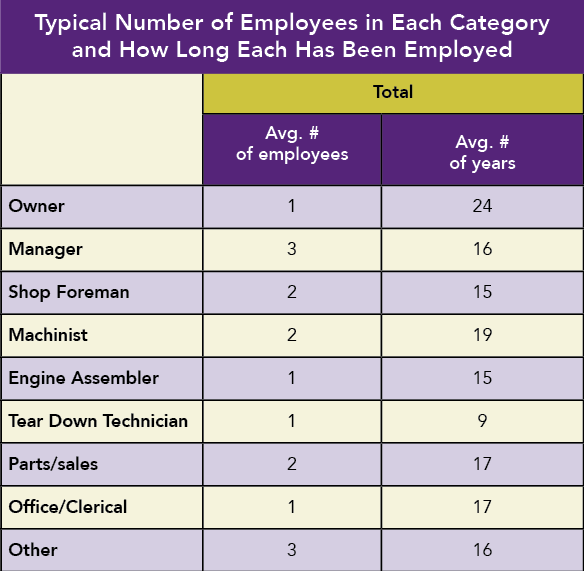
The majority of owners collect a salary, although about a third say they pay themselves with some combination of hourly wage, flat rate, percent of labor sold and/or percent of parts sold. Nationally, managers are paid a salary about half the time, followed by hourly wage (24 percent) and a combination of various ways (17 percent).
All other employees, including machinists, shop foremen, engine assemblers, tear down technicians, and parts/sales people are overwhelmingly paid hourly rather than salaried or some other way – the difference is less pronounced for office/clerical workers.
More than half of shop employees (52%) get overtime if hours are exceeded, according to survey respondents.
The differences in payment methods are reflected in the breakdown of hourly/salaried wages. Typical average national wages for various types of employees are as follows:
• Owners: $19 per hour or $53,000 annual salary;
• Shop foreman: $22 per hour or $46,000 annual salary;
• Manager: $16 per hour or $48,000 annual salary;
• Machinist: $17 per hour or $32,000 annual salary;
• Engine assembler: $19 per hour or $29,000 annual salary;
• Teardown technician: $13 per hour or $23,000 annual salary;
• Parts/sales personnel: $14 per hour or $29,000 annual salary; and
• Office/clerical staff: $13 per hour or $20,000 annual salary.
Remember, this is the “national average” based on our survey respondents’ answers only. It does not reflect experience or skill level. When we factor in machinist experience, the fluctuations are dramatic. An experienced machine operator averages $33.20 per hour; a newly hired machinist is more likely to be in the $13 per hour range.
How much you make can be strongly influenced by those and other factors. Staying in business means doing good work, certainly – but shop owners routinely tell us that meeting customer expectations is the REAL job. Doing that is possible only with the right resources – equipment helps, of course, but finding and keeping good employees is cited as one of the biggest challenges today by 30 percent of our survey respondents.
For many engine building and machine shop employees, benefits are as important as salary. When we asked shop owners what kinds of benefits they provide to their employees, here are their responses (numbers indicate percentage of respondents who provide such a benefit).
• Paid vacation: 73%
• Work clothes: 66%
• Hand Tools: 58%
• End of year bonus: 41%
• Major medical: 50%
• Training or education: 33%
• Hospitalization: 31%
• Disability insurance: 40%
• Pension plan: 22%
• Eye care: 11%
• Multiple bonuses throughout the year: 13%
• Profit sharing plan: 11%
• Life insurance: 10%
• Dental care: 16%
All of these numbers are plus or minus 1 or 2 percentage points from previous years figures, and while 32 percent of shops say they offer no benefits, that’s actually a lower number than we’ve seen for a while.
As stated at the beginning of this article, there are several bad ways to figure out how to pay your employees – the best way is to know your numbers. When we asked shops if they use a computer to manage their shop, we were pleased to see that a recent trend has continued. While 34 percent of our respondents say they do not manage labor costing, job tracking and other processes with a computer, 53 percent do and another 13 percent report that they are in the process of computerizing their shop. That’s better than it’s been and from talking to shop owners at trade shows and over the phone, even the 17 percent of “old timers” are recognizing that business methods continue to change and shops are adapting to technology.
We thank all of the shops that participated in this survey and encourage you to visit
www.enginebuildermag.com to register for our weekly newsletter – if you’re interested in participating in future shop surveys, you can indicate your preference as well.

